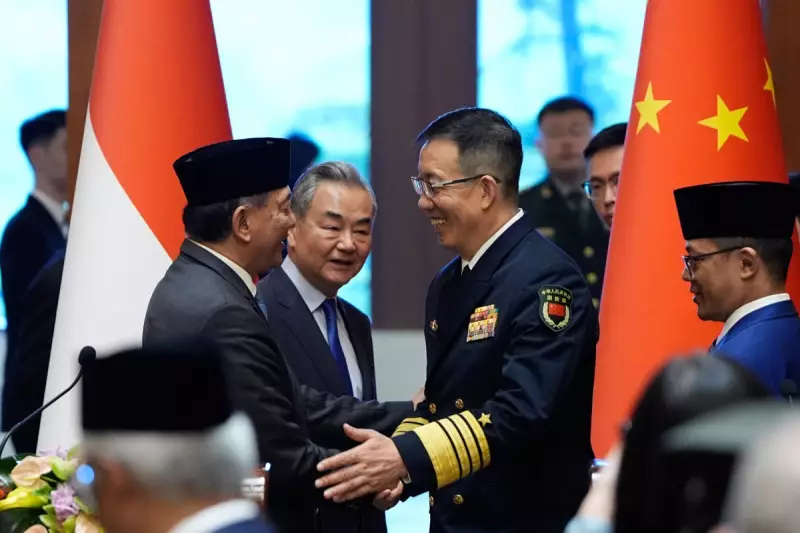
In a dramatic reversal of defence policy, Indonesia has pulled out of a multi-billion dollar agreement to acquire Chinese-made fighter aircraft, dealing a significant blow to Beijing's military export ambitions in Southeast Asia.
Defence Minister's Surprise Announcement
Defence Minister Prabowo Subianto confirmed the cancellation during a parliamentary hearing, stating the government had decided against proceeding with the planned purchase of an undisclosed number of Chengdu J-10 'Vigorous Dragon' fighter jets. The deal, valued at approximately $8 billion, had been under negotiation for several years.
Strategic Realignment Underway
Military analysts suggest this decision signals Jakarta's intention to diversify its defence partnerships and reduce reliance on Chinese military hardware. This move represents a substantial setback for China's efforts to expand its influence in the region through arms exports, particularly as Indonesia operates one of Southeast Asia's most significant air forces.
Exploring Western Alternatives
Indonesian officials have indicated they are now considering alternative aircraft, including the RAF's Eurofighter Typhoon and French-made Rafale fighters. This potential shift toward Western defence suppliers could reshape regional security dynamics and strengthen Jakarta's ties with European and American defence contractors.
Regional Implications
The cancellation comes amid increasing tensions in the South China Sea and growing competition between China and Western powers for influence in Southeast Asia. Indonesia's decision may encourage other regional nations to reconsider their defence procurement strategies and potentially reassess their military relationships with Beijing.
Defence experts note that while the specific reasons for the cancellation haven't been officially detailed, factors likely include technical performance considerations, political alignment concerns, and broader strategic calculations about Indonesia's position in the evolving Indo-Pacific security landscape.





